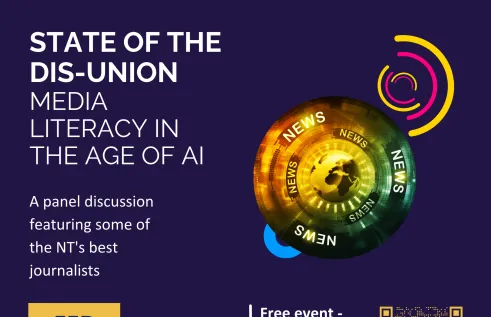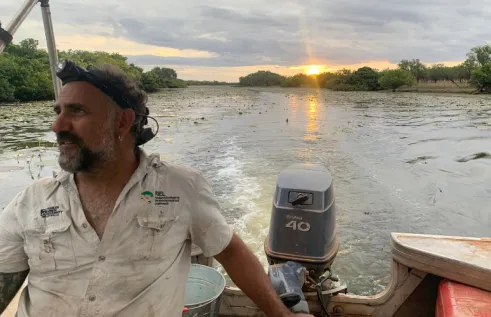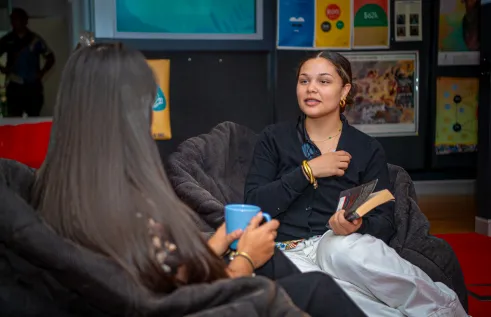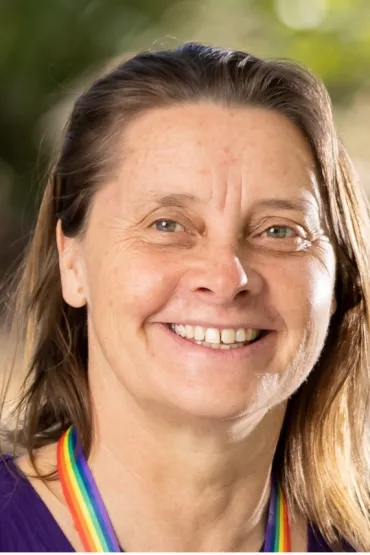RIEL seminar series
From Darwin Harbour report cards to recycling pee on parklands: snapshots of current research
| Presenter | A/Prof Cara Beal (Griffith University) | |
|---|---|---|
| Date/Time |
to
|
|
| Contact person | E: riel.outreach@cdu.edu.au | |
| Location | CDU Casuarina Campus Yellow 1.1.39 and online | |
| Open to | Public | |
A/Prof. Cara Beal will present a summary of her current research projects, most of which see her working a long way from home. This includes the Darwin Harbour Integrated Report Card project in which she works alongside Prof Karen Gibb and other CDU researchers & external stakeholders. Her interest in this project lies mainly in exploring, with Larrakia researchers, the Indigenous cultural values and indicators for the Darwin Harbour. In addition, Cara will present on some of her other research projects including using human pee in parklands, drinking water security in the Torres Straits and community-based water management in the Pacific.
A/Prof. Cara Beal is an environmental scientist and Associate Professor in Environmental Health at the School of Pharmacy and Medical Sciences and a Principal Research Fellow at the Cities Research Institute, at Griffith University in Queensland. Cara has varied research interests in the field of environmental health, climate resilient water, sanitation, hygiene provision in remote Australian Indigenous and rural Pacific communities; socio-technical drivers of behaviour change (role of smart metering/ data), community and stakeholder engagement engagement and nutrients in a circular economy (e.g. recycling wee ?). She has worked in the environmental management field - predominantly the water sector - since the early 90's in private, public and research settings. As a 'pracademic' Cara is passionate about translating pragmatic and applied research into achievable and positive changes on the ground...
Related Events

STATE OF THE DIS-UNION: Media Literacy in the age of AI
The CDU Library is hosting a free panel discussion featuring Northern Territory journalists who will discuss media literacy, truth, and storytelling in the AI era. Attendees can learn how AI is transforming media, ask questions, and improve their understanding of navigating information in today's landscape.
Read more about STATE OF THE DIS-UNION: Media Literacy in the age of AI
Trophic dynamics of free-flowing tropical rivers
Colton Perna's PhD research explores how river flows and flooding shape freshwater fish communities in tropical rivers, using fatty acids to track how hydrology influences food webs and nutritional pathways. His findings highlight the critical importance of river flow and floodplain connectivity in sustaining productive aquatic ecosystems.
Read more about Trophic dynamics of free-flowing tropical rivers
Why Cross‑Cultural Communication Matters in Indigenous-focused Research
A cross‑cultural research partnership grounded in respect, shared knowledge, and educational equity. Discover how collaboration shaped a transformative PhD journey.
Read more about Why Cross‑Cultural Communication Matters in Indigenous-focused Research
